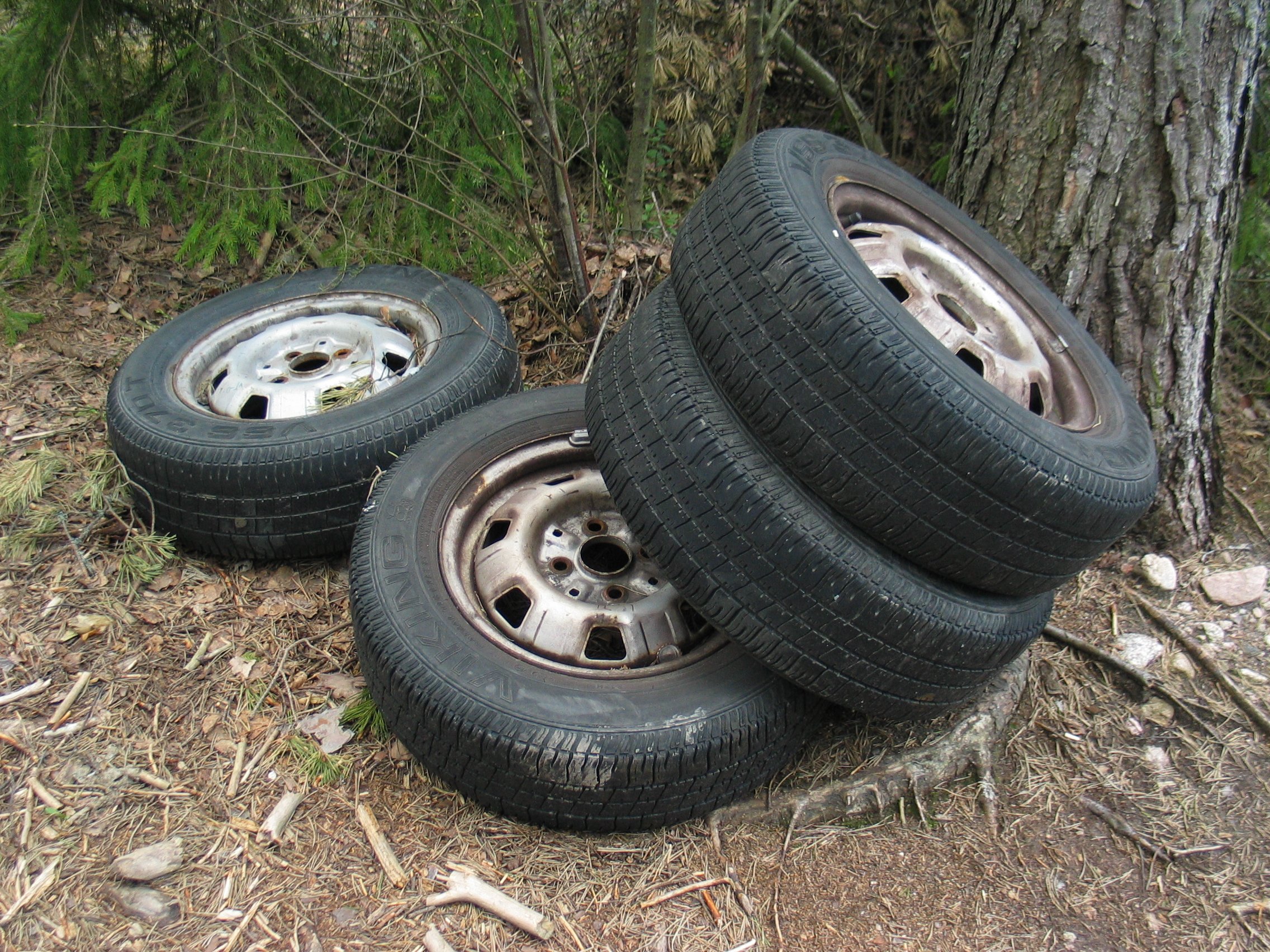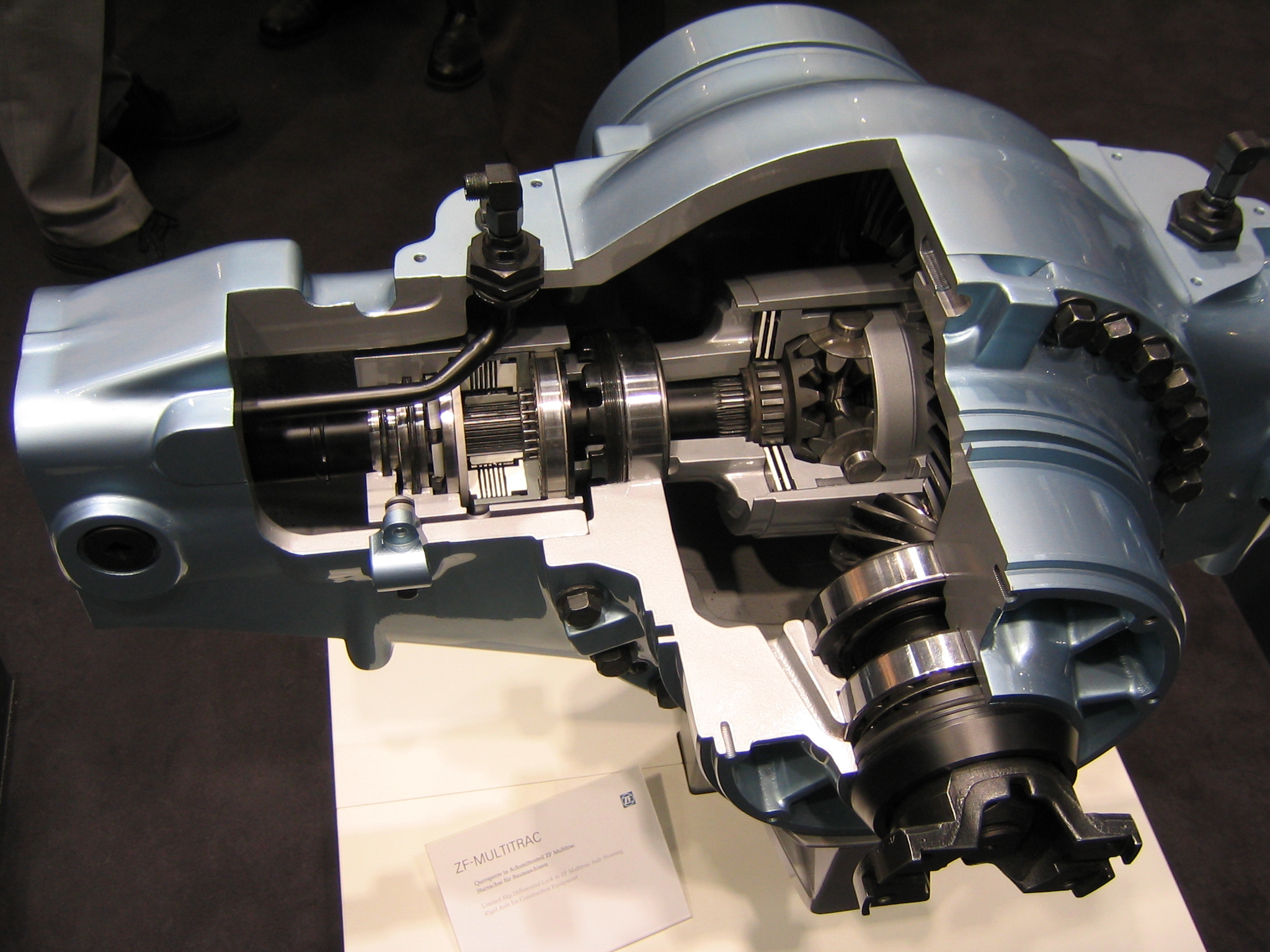Posted on 2/25/2016

In a perfect world, all four tires would wear out at the same time. In the same perfect world, everyone would be able to afford a whole set of tires all at once. Unfortunately, things often just do not work out that way. Sometimes you may just have to replace tires as you can afford them, one or two at a time, but there are some important things to bear in mind if you have to do that. If you can only afford to replace one or two tires, it’s essential that you go with tires that are identical (or at least as close as possible) to the car’s remaining tires. That means that internal construction, size, tread pattern and design should be close to the same. Don’t mix winter tires with all-season tires, don’t mix run-flat tires with standard tires, for instance. But why? Tires are all designed for different handling properties and traction, and are intended to work together as a set. Mixing sizes, tread patterns and designs can mean a car that has unpred ... read more
Posted on 2/11/2016

Differential Service – Why Is It Important? Of all the various things on a vehicle that need regular service and maintenance, the differential is too often neglected. But what exactly is it, and what does it do? Visualize a rear-wheel-drive vehicle making a right-hand turn. As the car turns to the right, the left rear wheel will have to actually cover a longer distance and spin at a different speed than the right wheel. If the rear axle was delivering the same torque to both wheels, the left rear wheel would be binding and skittering as it made the turn. The differential is designed to allow the wheels to turn at different speeds around corners, eliminating that problem. The differential uses an oil thicker than motor oil, somewhere between an oil and a grease in terms of its weight. Like any other assembly, though, the oil in the differential will become contaminated over time and will start to break down due to heat. Most differentials need a fluid change at abou ... read more